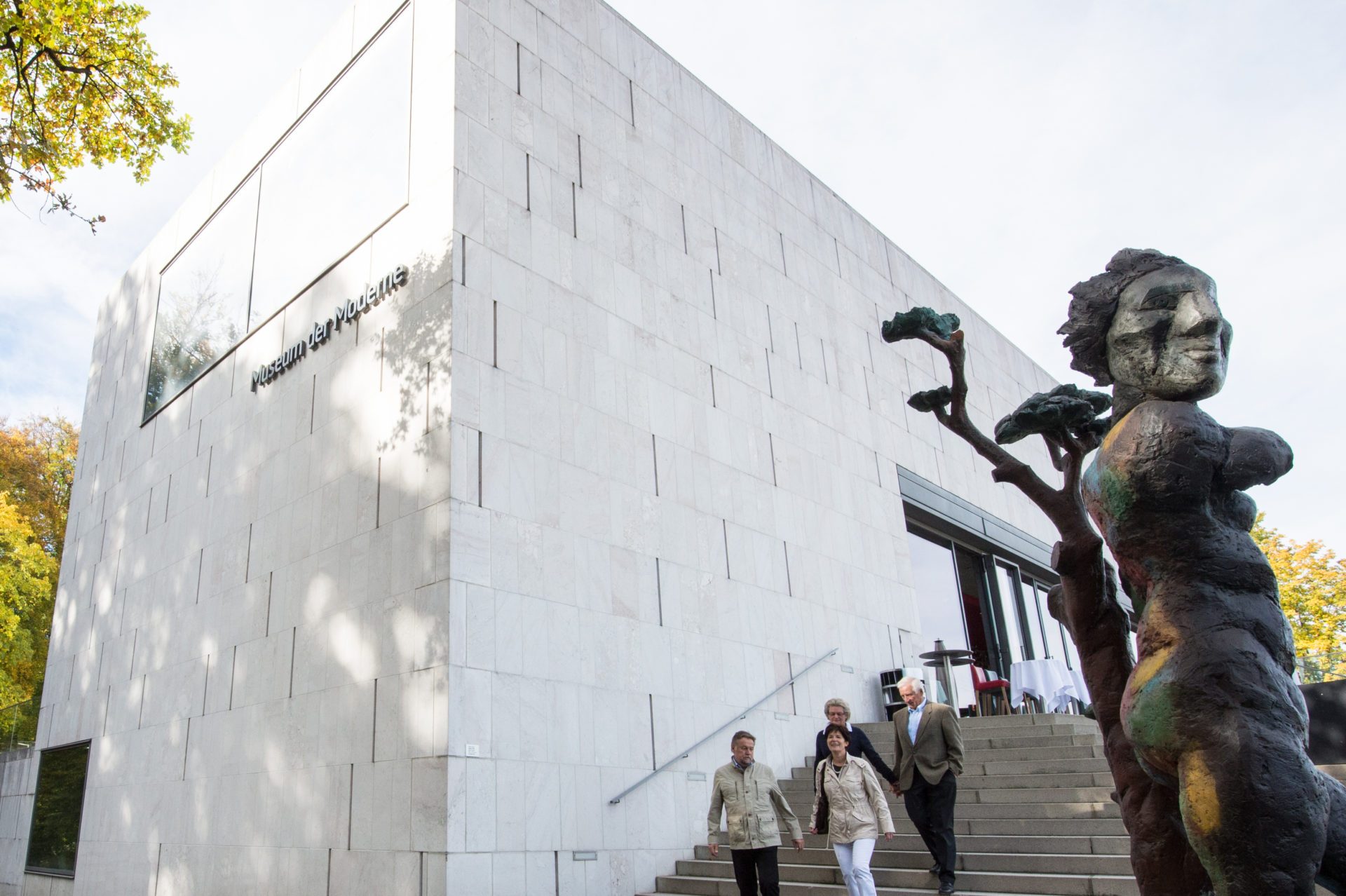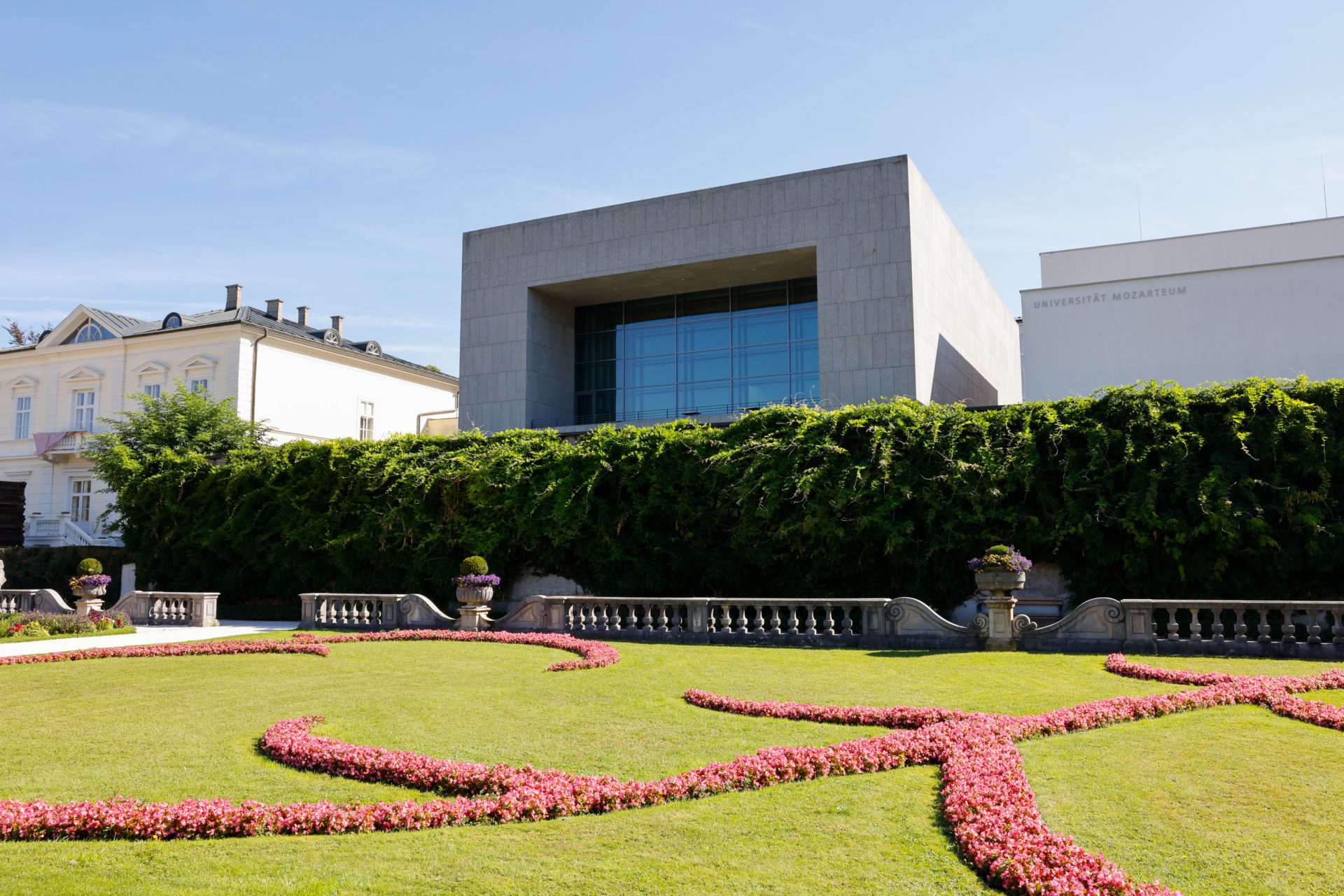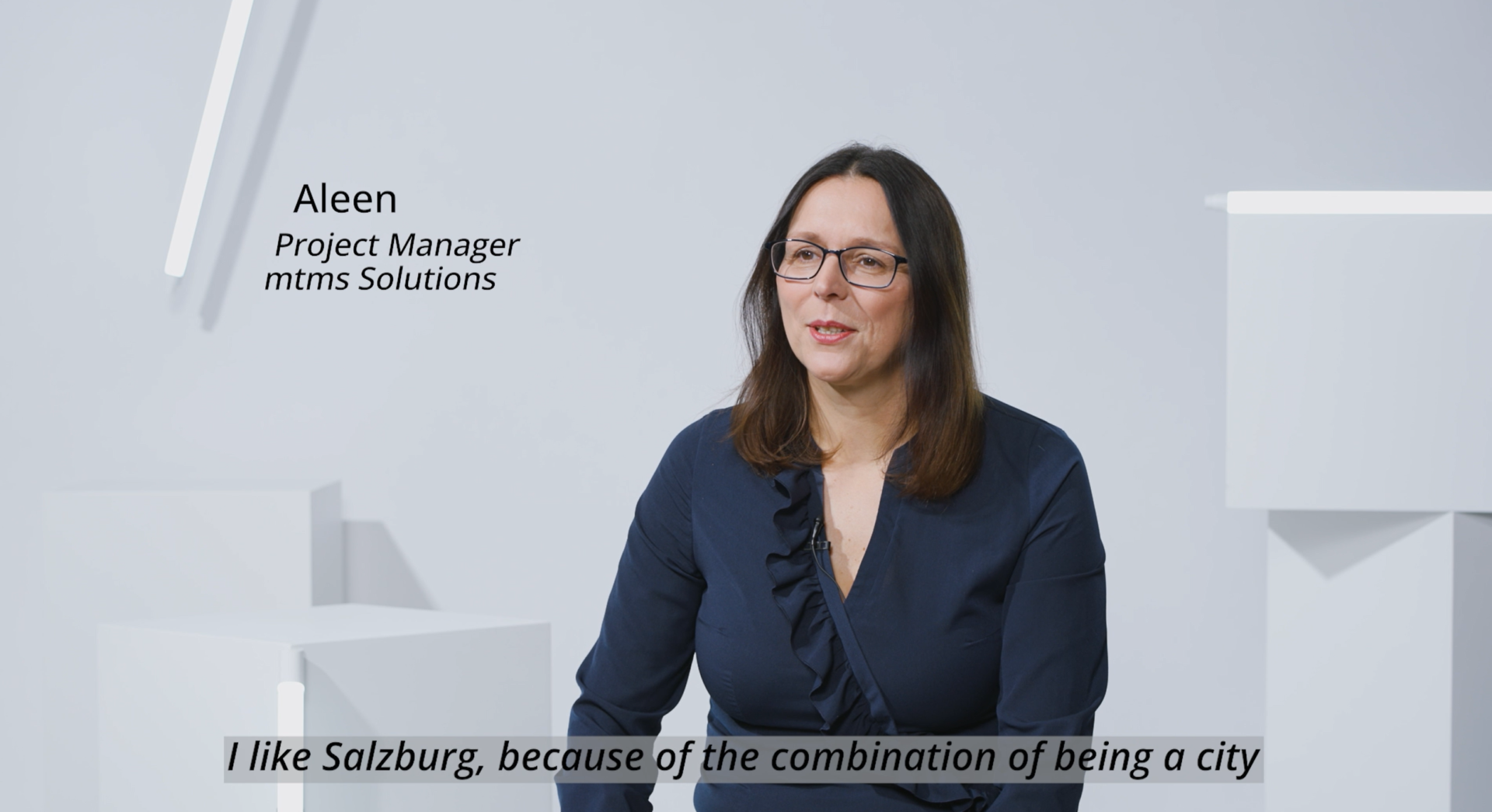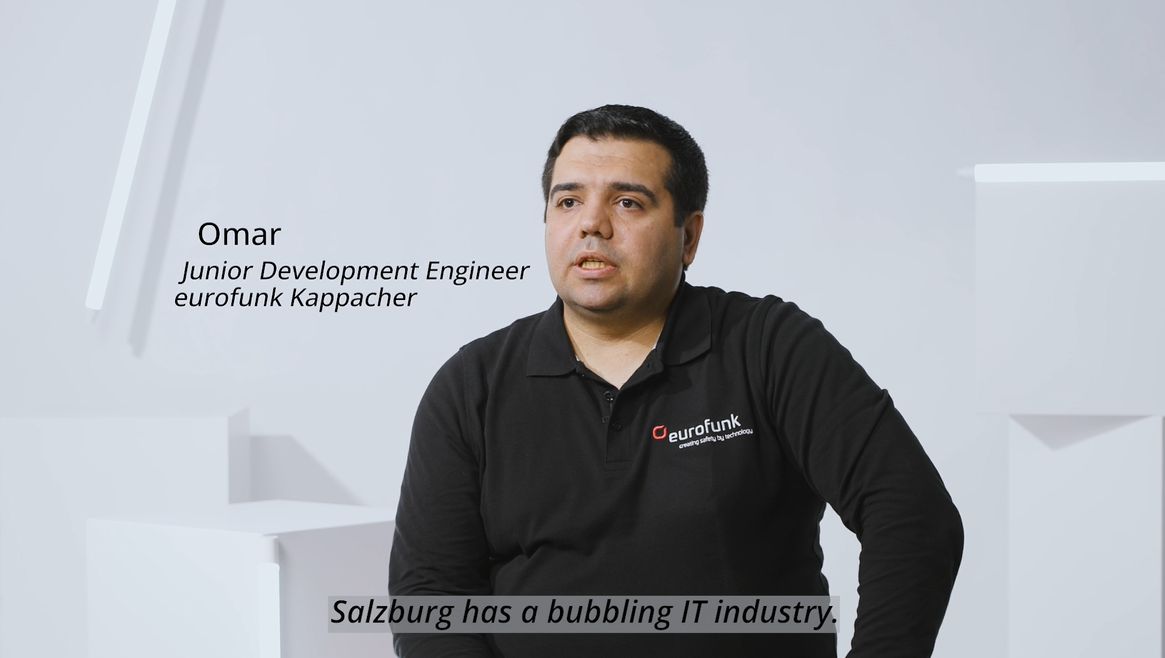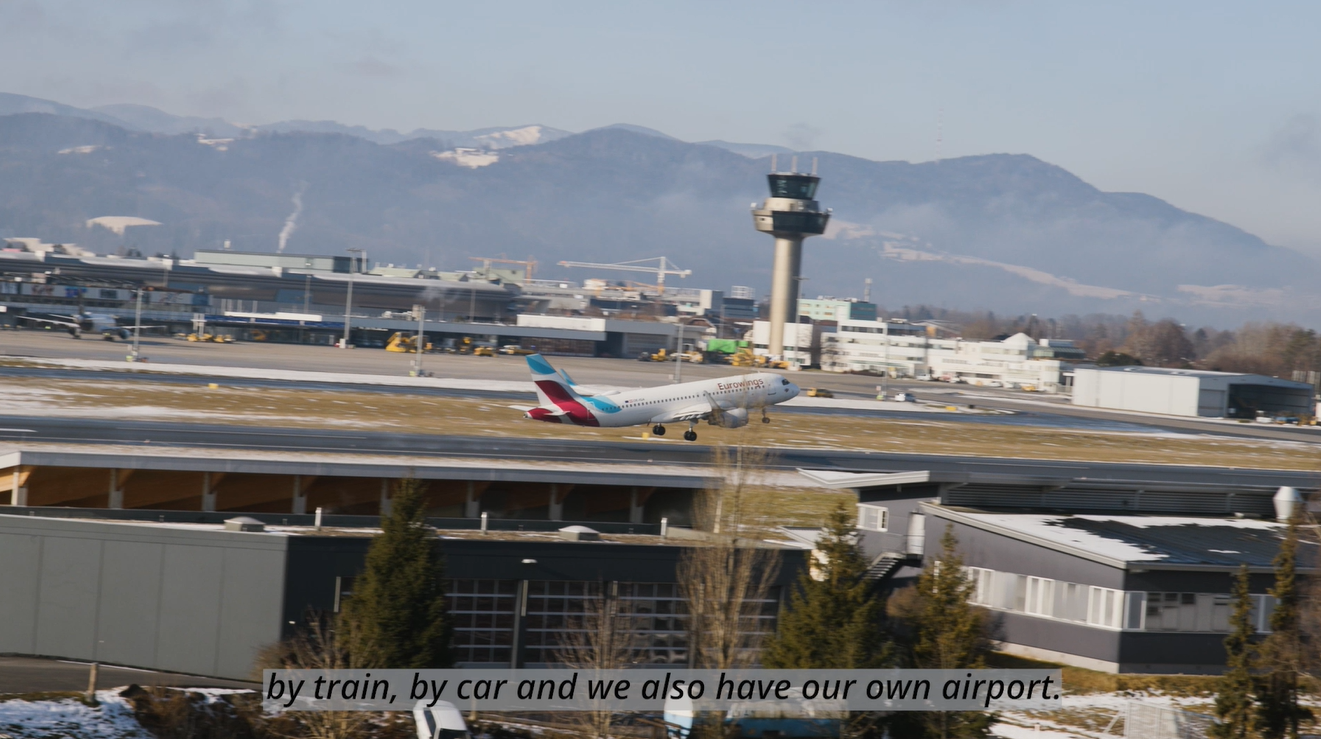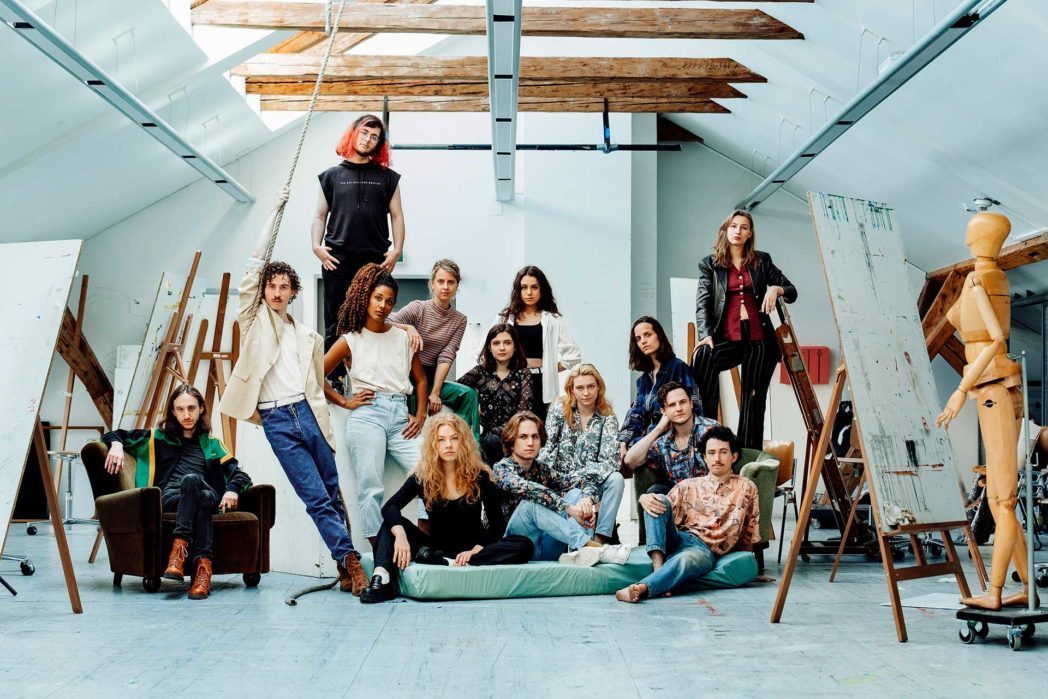For those who want it all
From the flat Alpine foothills to the highest mountain, the Großvenediger at 3,657 meters, from thermal spas to ski slopes – the selection of leisure activities is endless.. In addition, Salzburg, like the whole of Austria, boasts political and social stability, safety, and a freely accessible and high-quality education and healthcare system. You have a choice: living in the city of Salzburg – a small yet cosmopolitan city that perfectly combines urban flair with proximity to nature. Or in the beautiful Salzburger Land, where diverse recreational activities are practically right outside your doorstep.
There are many compelling reasons that make Salzburg an ideal location for living, studying, researching, and working!
The Guide to Living and Working in Salzburg
Download for free
Mobility
The city and the countryside have a well-developed public bus, S-Bahn (urban rail), and regional train network. Over 40 million people use public transportation each year. Many Salzburg residents also rely on bicycles, thanks to the well-developed cycling network and short distances. Business and personal trips abroad are easily possible with Salzburg Airport, which is located near the city and easily accessible.
Culture
Salzburg’s arts and cultural scene is in season all year round, captivating visitors from around the world. While classical music enthusiasts have long been drawn to Salzburg for the prestigious Salzburg Festival and Mozart heritage, modern art also has a prominent place in Salzburg. The Museum der Moderne (museum of contemporary art) showcases national and international avant-garde art. For those who prefer performing arts, Salzburg offers venues such as ARGE Kultur, SZENE Salzburg, and Kleines Theater, providing a stage for the vibrant theater and dance scene.
Beyond high culture, the region embraces its living traditions, from Krampus runs to the Rupertikirtag festival. Salzburg’s event and cultural scene offers a wide range of experiences, including concerts at Rockhouse and the Electric Love Festival.
Work
Salzburg is home to many international big players like Red Bull and BMW. In addition to these prominent names, the region hosts numerous small and medium-sized market leaders and innovators, bringing together various industries and a range of expertise in one place. Salzburg is one of the most dynamic economic regions in Europe and, after Vienna, the largest trading hub in Austria. It attracts businesses of all sizes and industries, providing job opportunities beyond the tourism sector. Alongside the IT sector, Salzburg hosts headquarters and leading companies from other sectors, which establish their own systems houses, data hubs, or IT development departments, revealing themselves as exciting technology companies upon closer examination. Innovative business informatics can be found in the strong sectors of trade, automotive, and banking. Digital media companies and some world leaders in Industry 4.0 solutions take advantage of the diverse benefits offered by Salzburg as an ICT location.
Our Services
Have you already decided on Salzburg or have you already arrived? We are here to support you!
- Personal advice and initial clearing on housing and working in Salzburg
- Neutral and free information
- Support in contacting authorities and institutions
- Networking events
If Salzburg fascinates you and you would like to receive regular updates on life and job opportunities in Salzburg subscribe for our newsletter!
Important Shortcuts
12. January 2023
Salzburg beyond Mozart and high culture
Here we have for you just a small selection of the many sporting activities that Salzburg has to offer. There is a lot to discover – in any season.
11. January 2023
Red-White-Red card: what you need to know
Are you from outside the EU and would like to work in Salzburg? But you need to know where to start? This will give you an initial overview of how you can work in Austria as a skilled worker from outside the EU.
18. November 2022
These are our top 5 Christmas markets in Salzburg
During the Advent season, one cannot escape Christmas markets in Salzburg. There are numerous markets in the city and countryside of Salzburg. Our editorial team presents you with their 5 favorite Christmas markets that you absolutely must not miss.
30. September 2022
COPA-DATA opens new building
At the end of September, the second office building of COPA-DATA was opened in Salzburg. Modern workplaces for 120 employees were created there. We were present at the opening.
14. September 2022
These IT companies in Salzburg are looking for you!
Do you have IT skills? Do you want to live and work in Salzburg? Wonderful! There are many IT companies in Salzburg that are looking for IT professionals. Large corporations, small family businesses or hidden champions – Salzburg has it all. No need for a lengthy search for the right employer in Salzburg – we have an overview for you!
11. August 2022
Salzburg Ambassadors: representing the location
Its location, infrastructure and impeccable image make Salzburg a hub for business, art and culture. The Ambassadors programme launched by the state of Salzburg and Innovation Salzburg carries this image out into the world. The Salzburg Ambassadors help position our city internationally.





